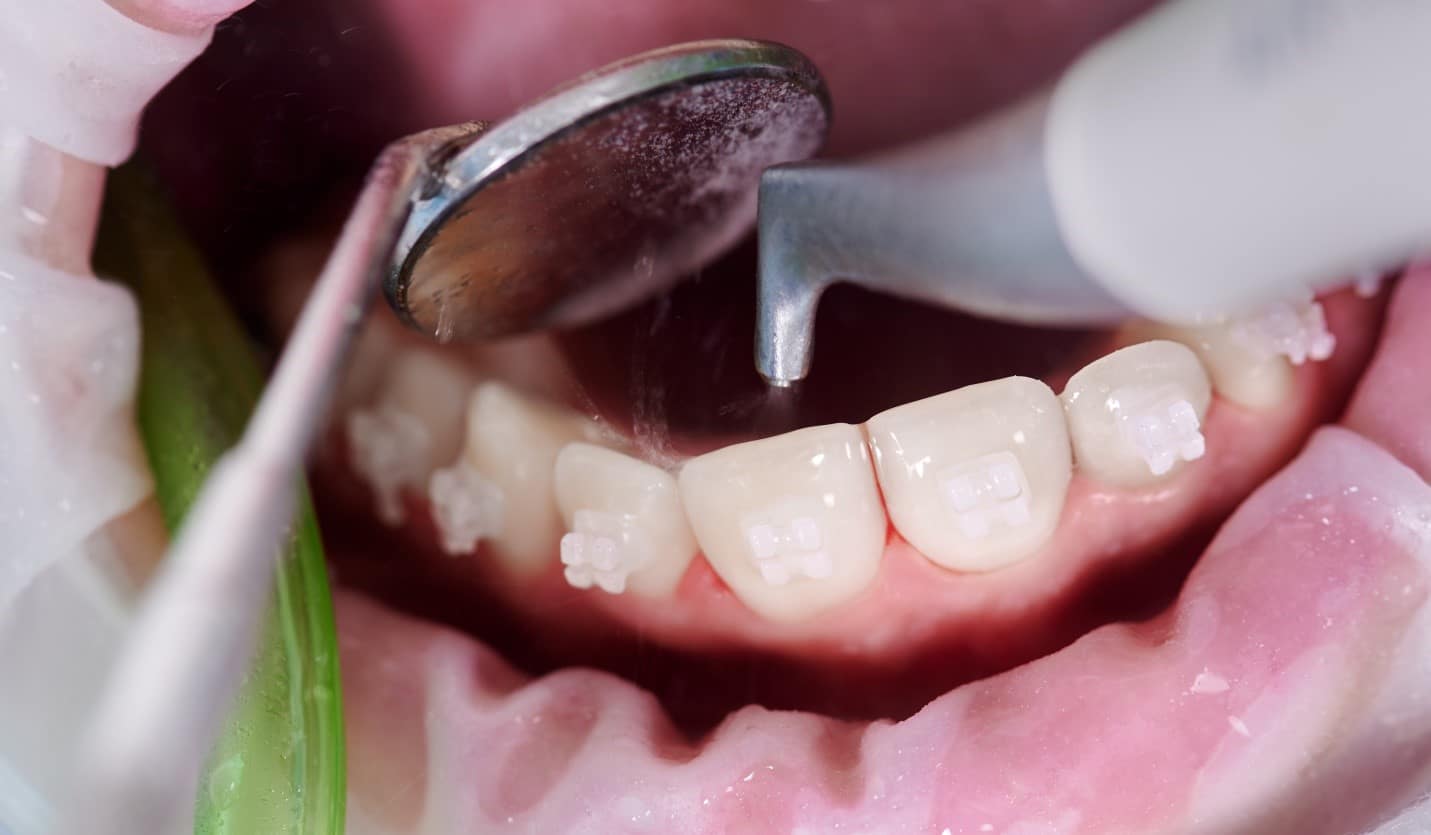Do you know that regular dental cleaning is different from deep cleaning? Both cleaning procedures are conducted at the doctor's clinic with the minor difference deep cleanings are more complex than routine cleanings.
All teeths and above gumline areas are covered under regular cleaning. One should visit a dentist for invasive cleanings every six months as it helps maintain good oral hygiene. While, Deep cleanings cover hard-to-reach areas like the pockets and the roots where plaque or tartar is collected, which can enhance the chances of bacterial infections. Deep cleaning is also known as scaling and root planing.
What is Deep Dental Cleaning?
So, you're probably wondering what deep dental cleaning is. Well, my friend, it's like giving your teeth a spa day.
A deep clean is when a dental hygienist or dentist goes to town on your pearly whites and removes all the gunk that's been building up over time. We're talking about plaque - that sticky layer of bacteria that loves to hang out on your teeth and cause trouble.

Even though you brush and floss every day like a champ, there's a chance that some plaque will stick around and cause problems. And that's where the deep clean comes in. You can reduce gum soreness and restore health by removing all that gunk. Plus, you'll be able to confidently flash those teeth, knowing they're looking and feeling their best.
Gum disease is no joke, my friend. If you let plaque and tartar build up over time, it can lead to severe problems like gingivitis and even periodontitis.
What are the advantages of deep dental cleaning?
- This procedure can stop your gum disease from enhancing
- This can treat your infection and cause healing
- This procedure will provide deep teeth cleaning above and below the gum line.
- It will help you remove bad breath which is caused by gum disease
- Hence it will protect the roots and base of your teeth.
What are the disadvantages of Deep Dental Cleaning?
Here are some of the disadvantages of deep cleaning teeth.
- Little discomfort and sensitivity
- Can induce gum recession
- A stake of infection after the process
- Rarely a hazard of nerve damage.

After how much time you should book the session?
The frequency of deep dental cleaning sessions depends on the individual's oral health needs. Typically, it is recommended to get a deep dental cleaning every six months to maintain good oral hygiene.
However, some individuals with a history of gum disease or other oral health issues may require more frequent cleanings every three to four months. It is essential to discuss with your Miami children dentist or hygienist the recommended frequency for your specific oral health needs. They will evaluate the health of your teeth and gums and recommend the appropriate interval for deep dental cleanings to keep them healthy.
Winding it up :
We hope you liked this article and now know the advantages and disadvantages of deep dental cleaning. The procedure involves root planing and scaling, which can cause minor discomfort in your mouth. Still, your orthodontist in Hialeah will inject you with Sedation to relieve further pain and pressure in your mouth during the procedure, and Sedation will help numb your mouth and gums.
Article source : https://www.vetteblog.com/what-is-deep-cleaning-and-its-advantages/